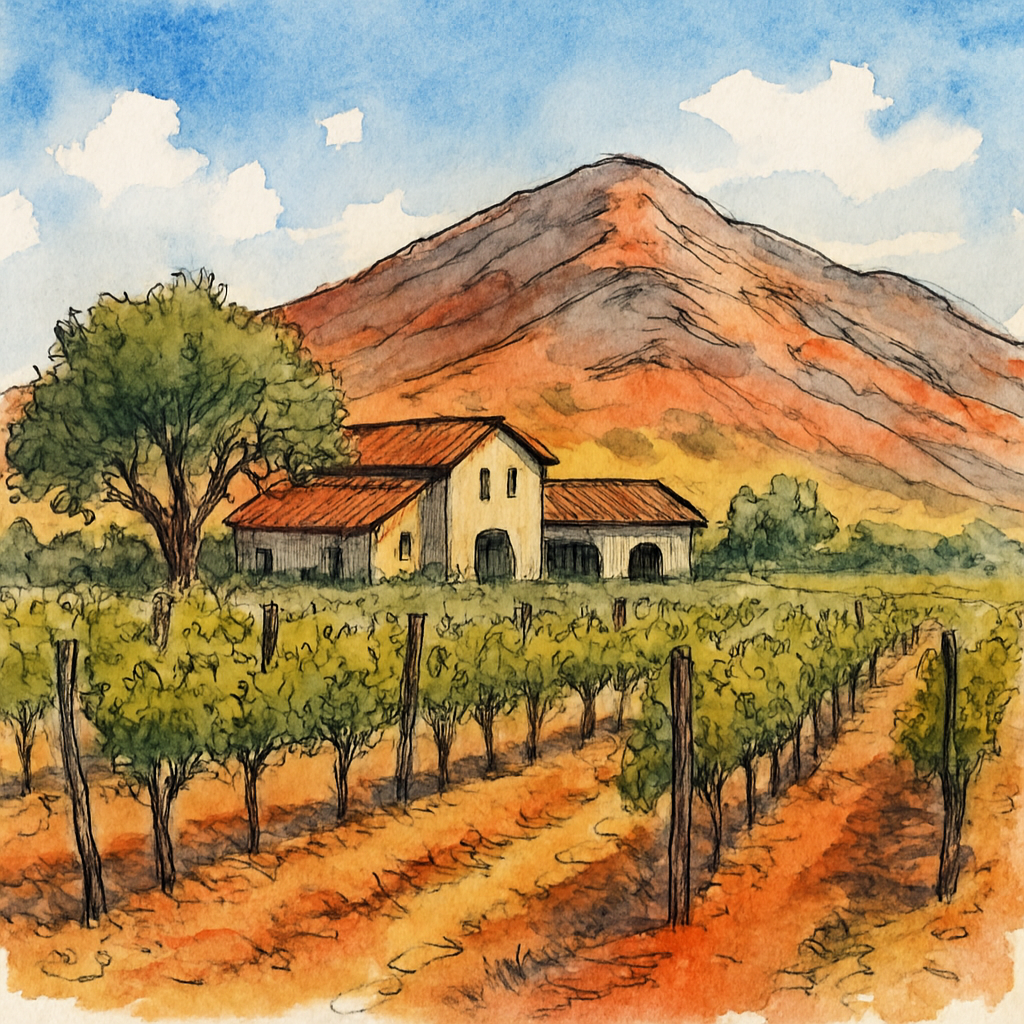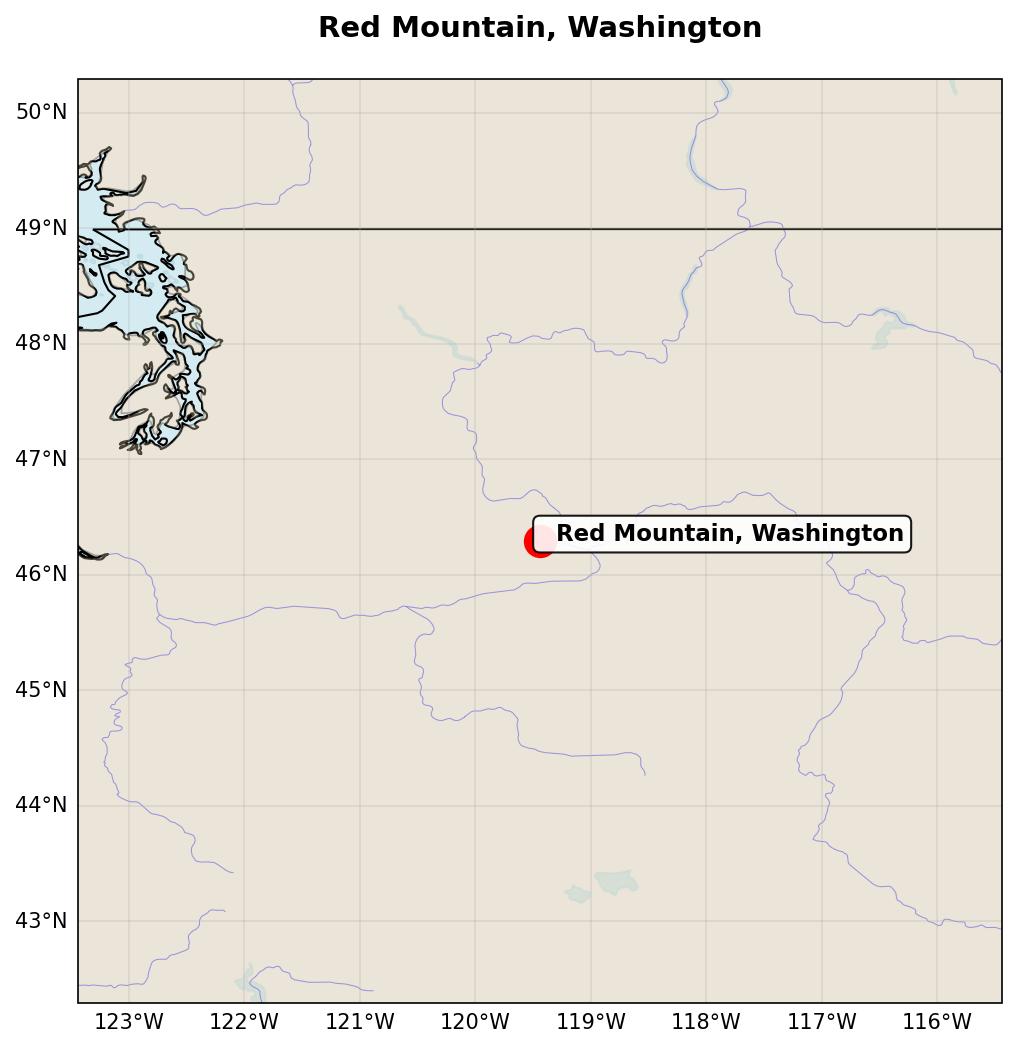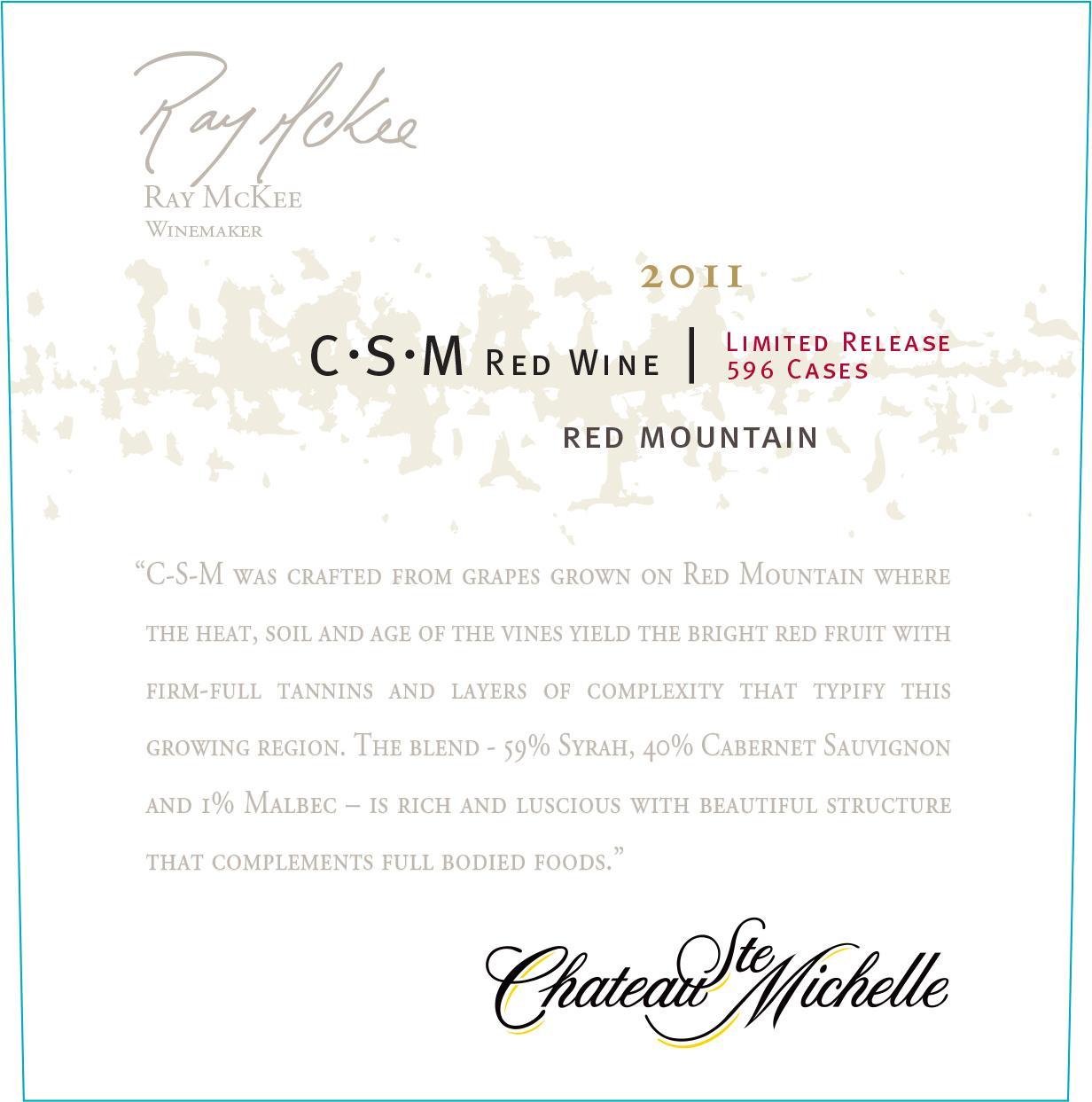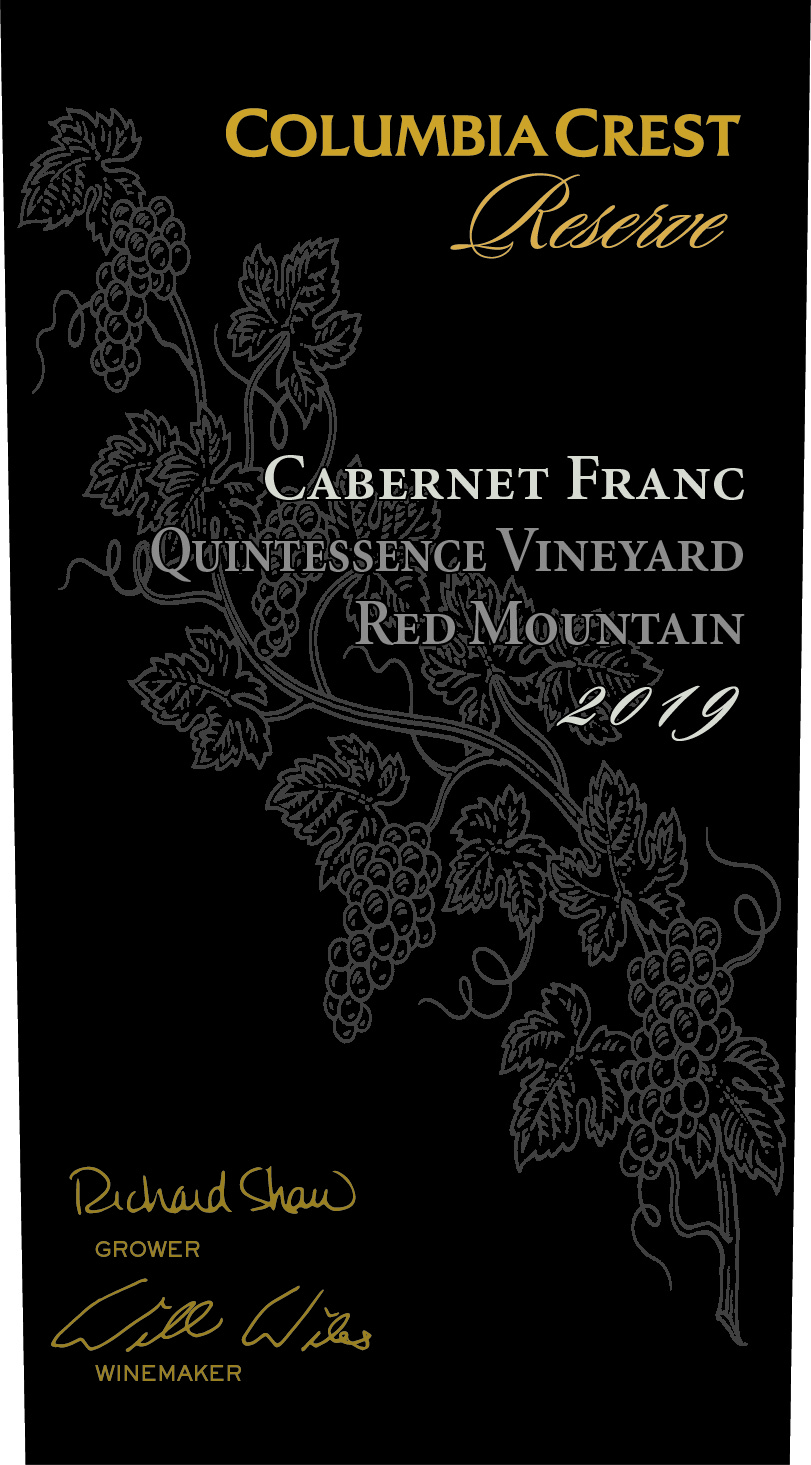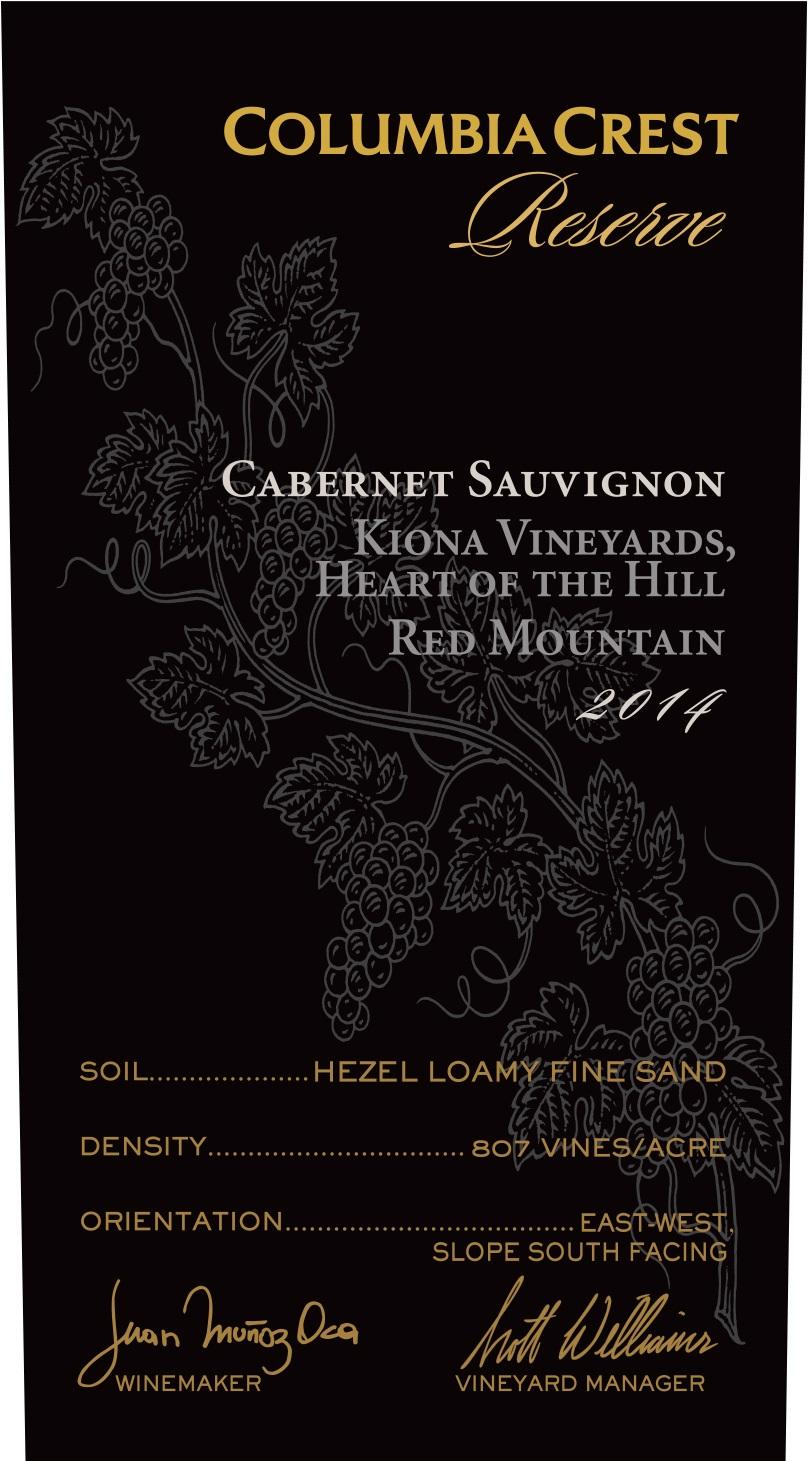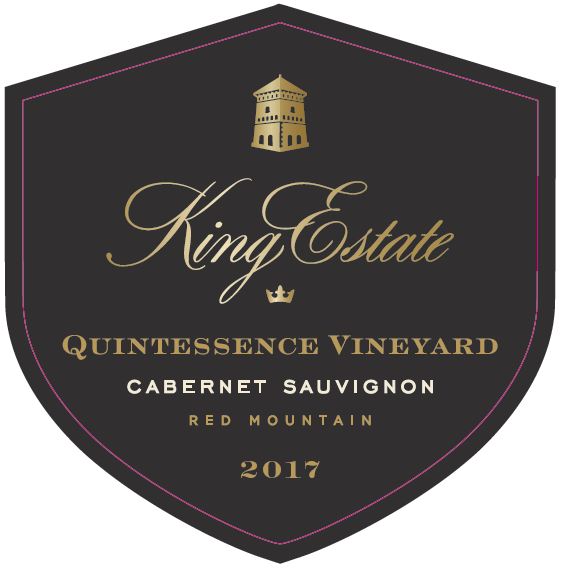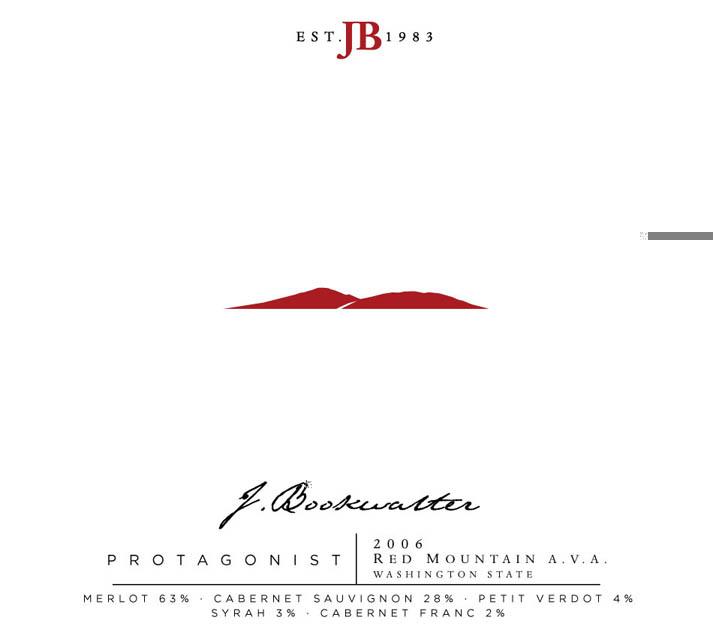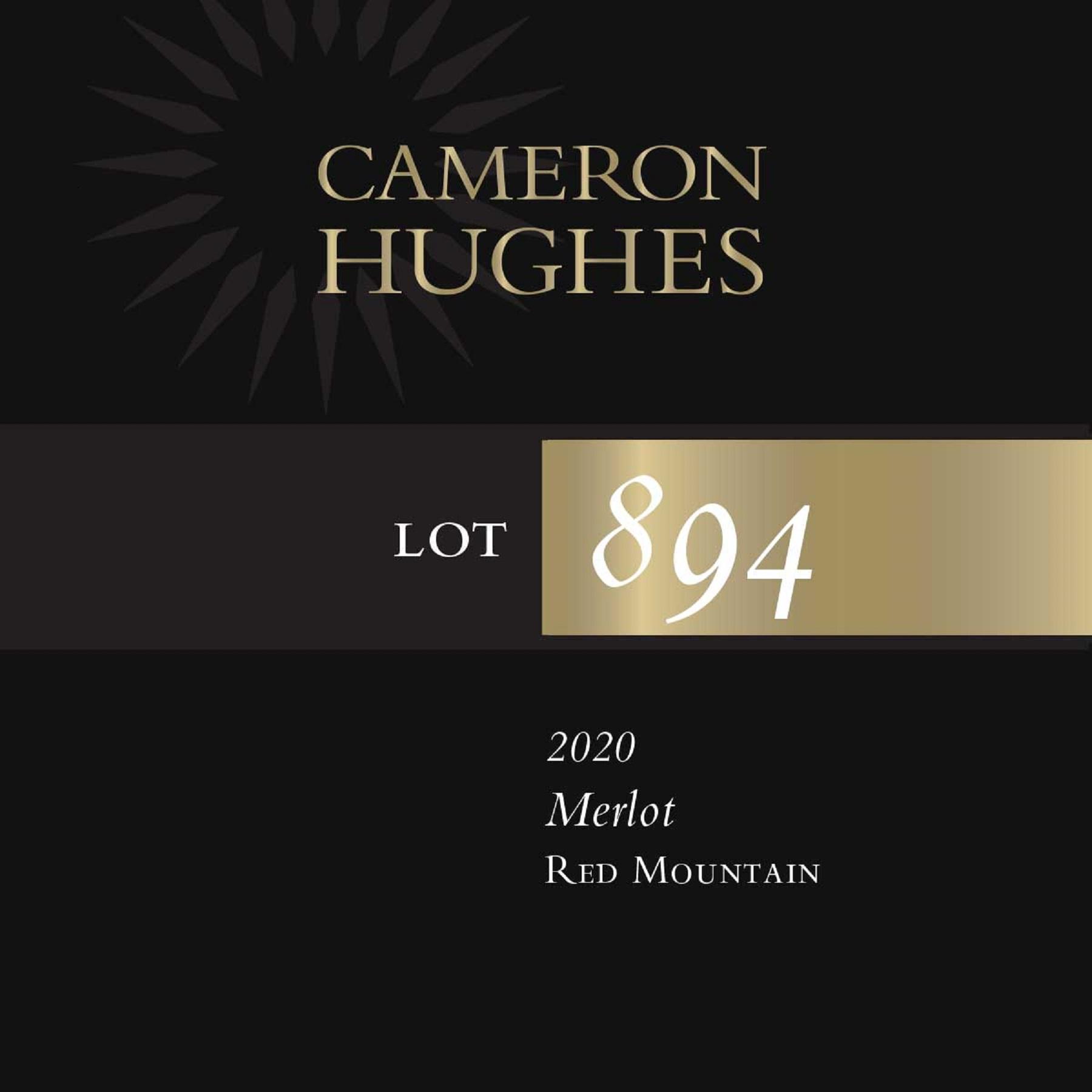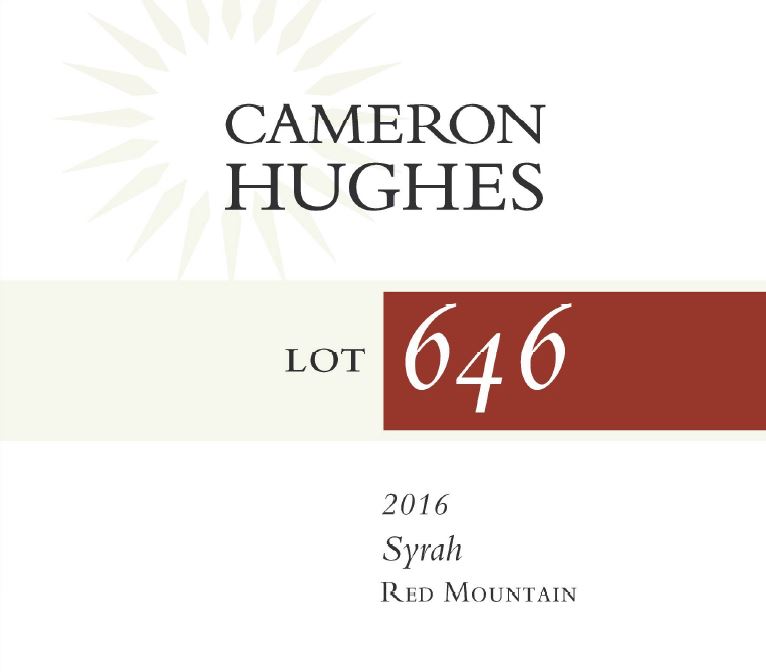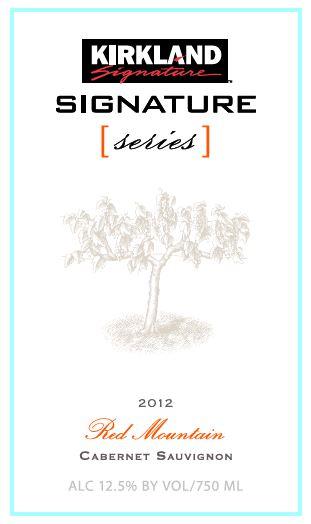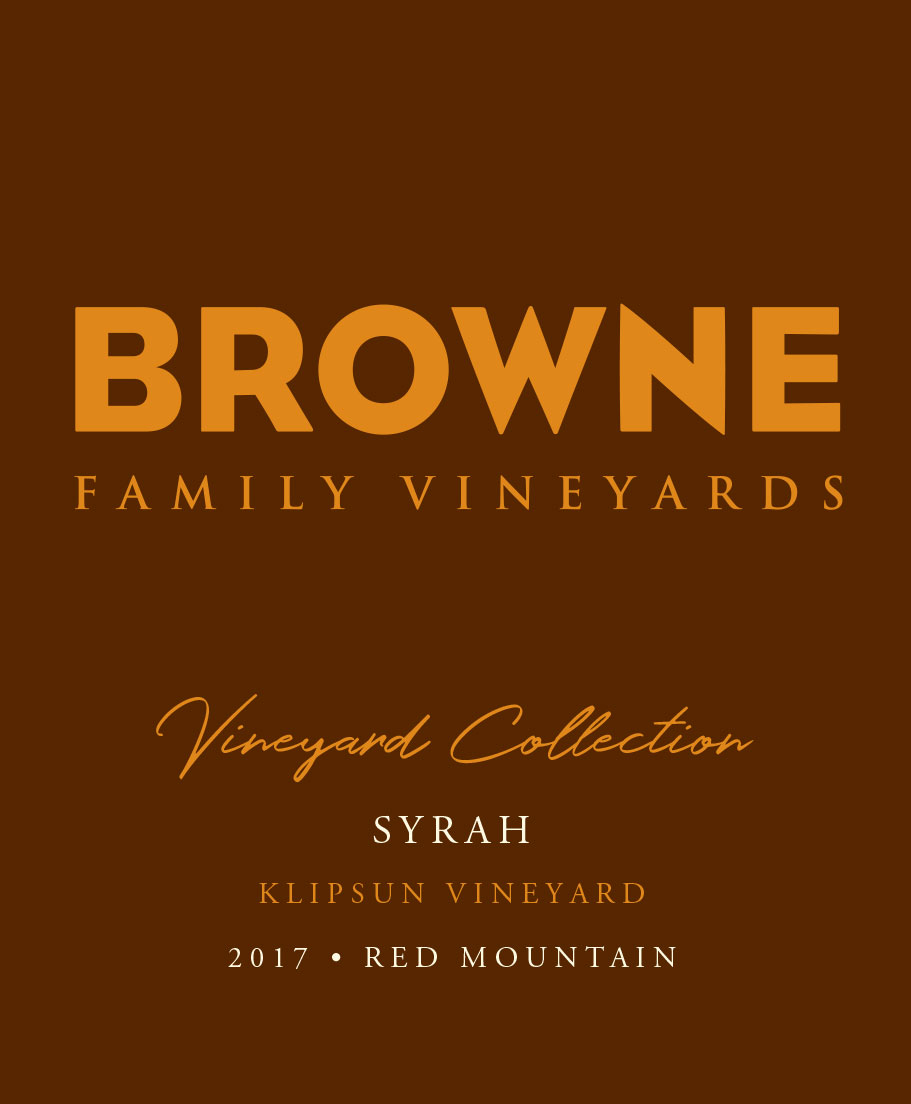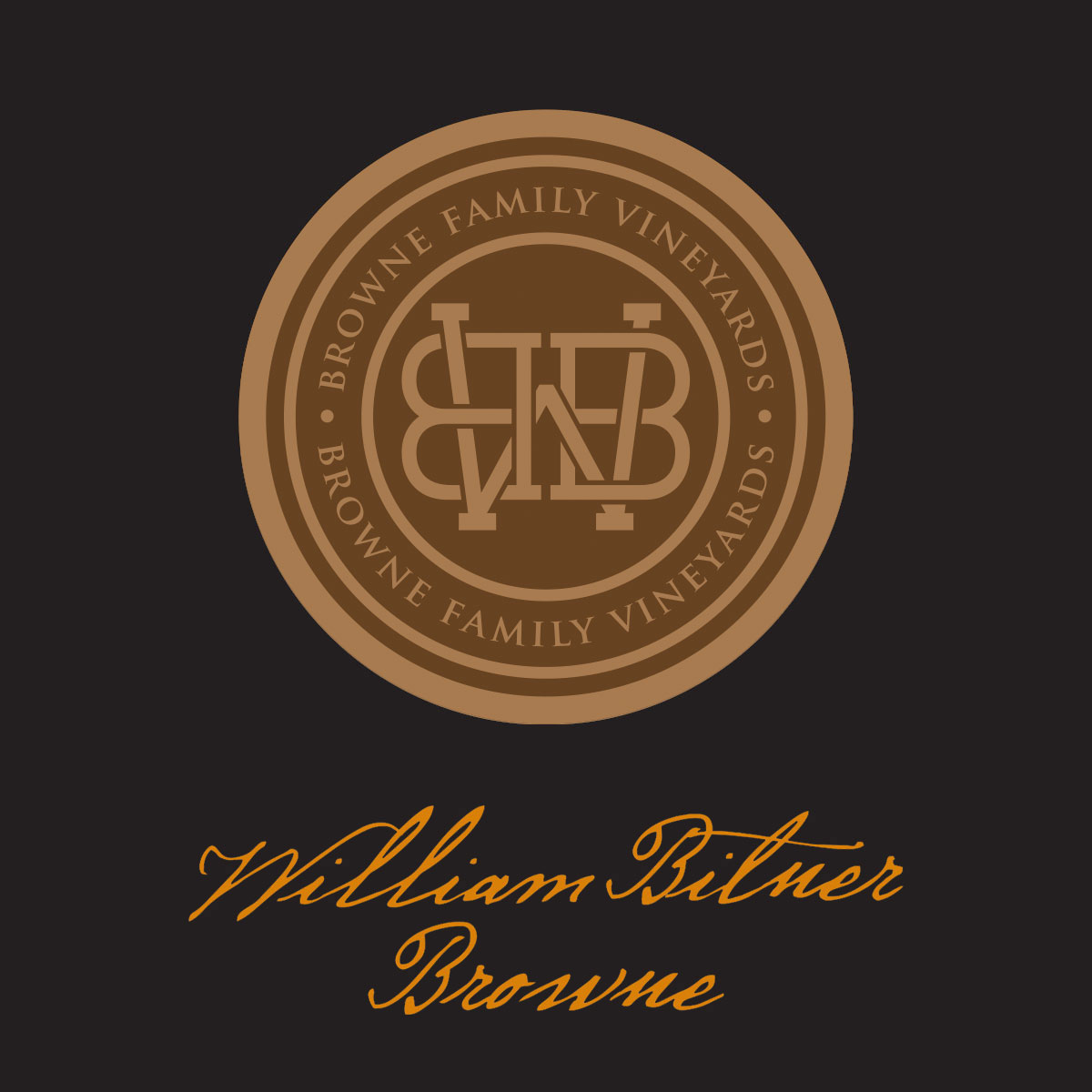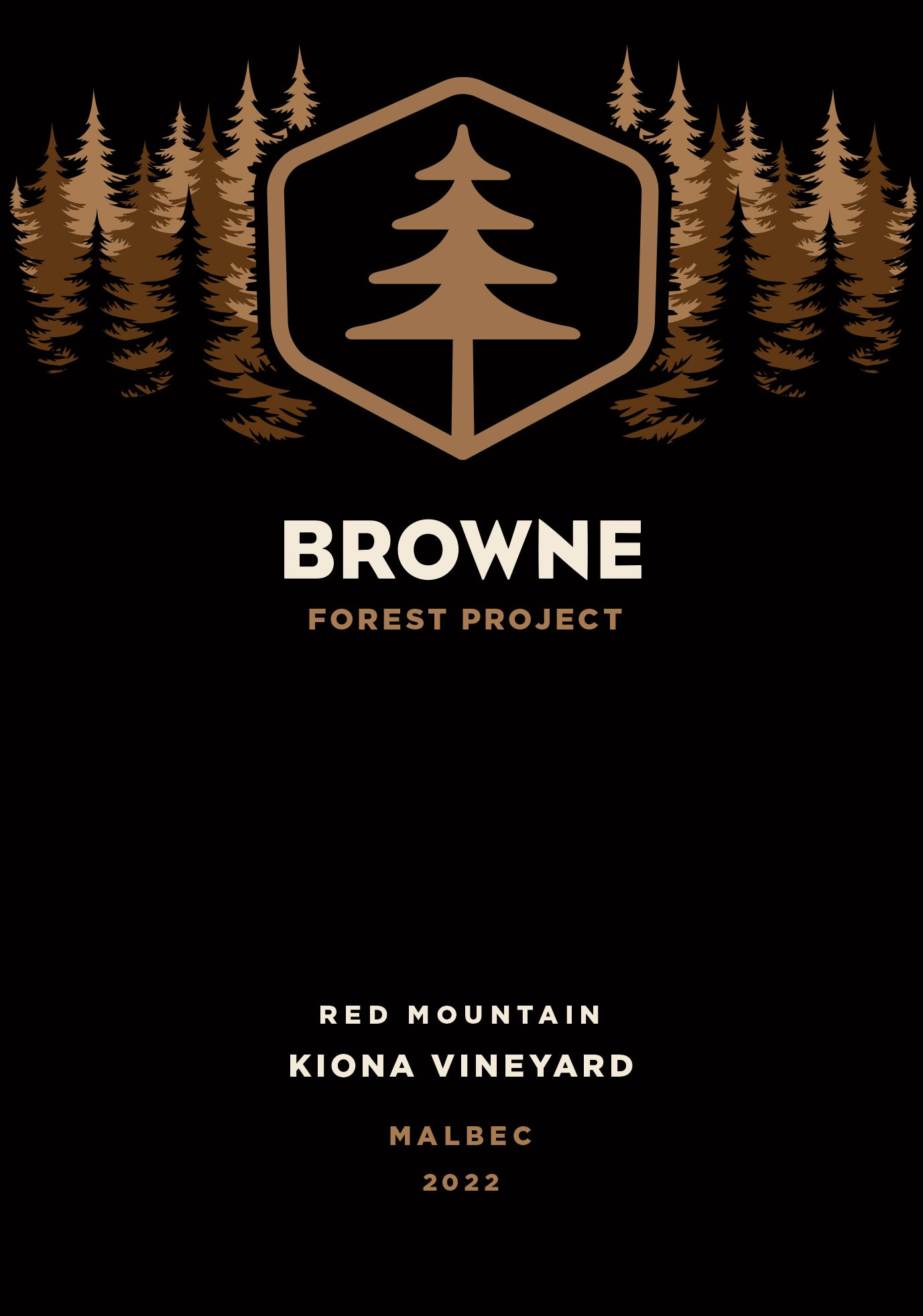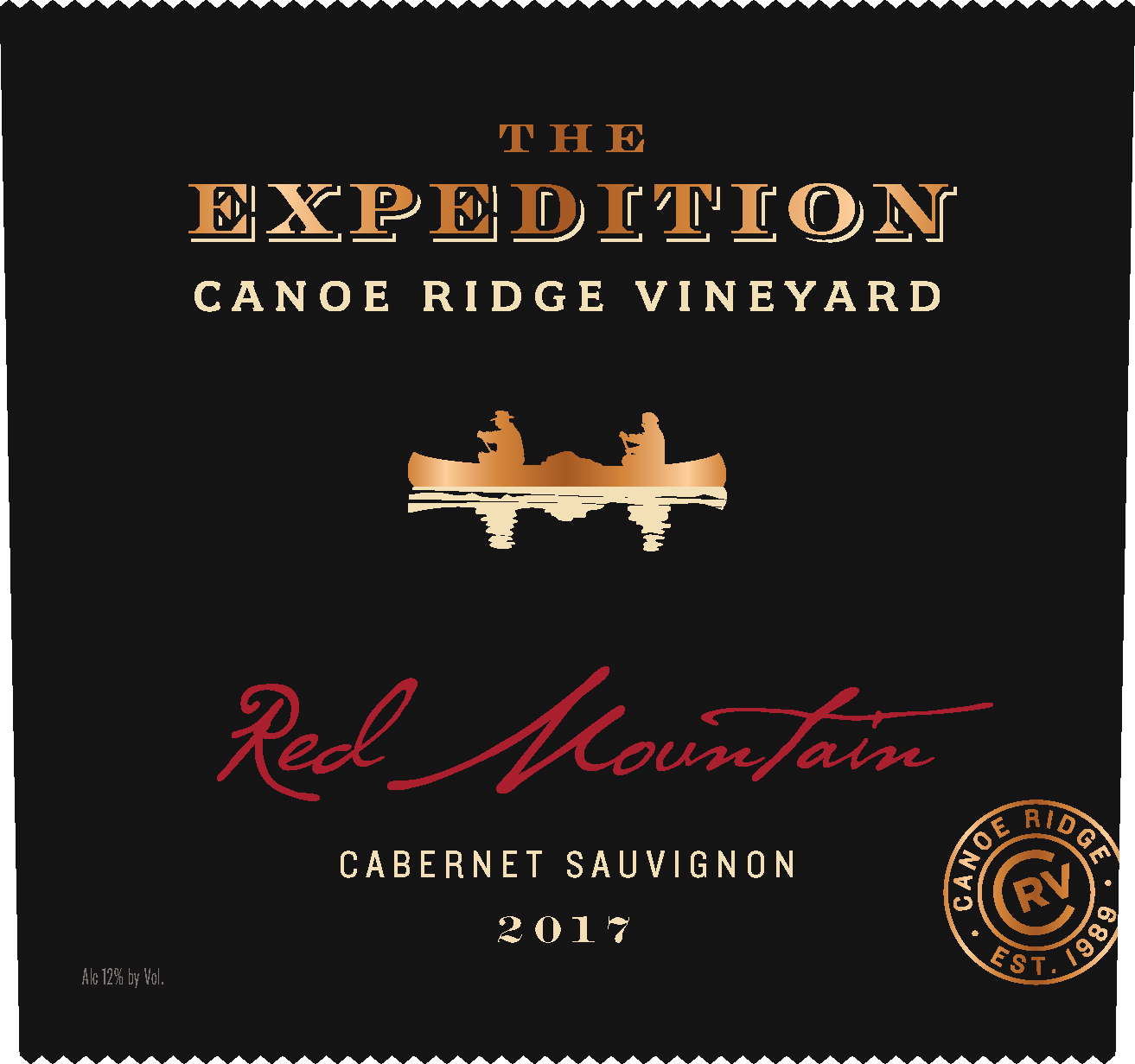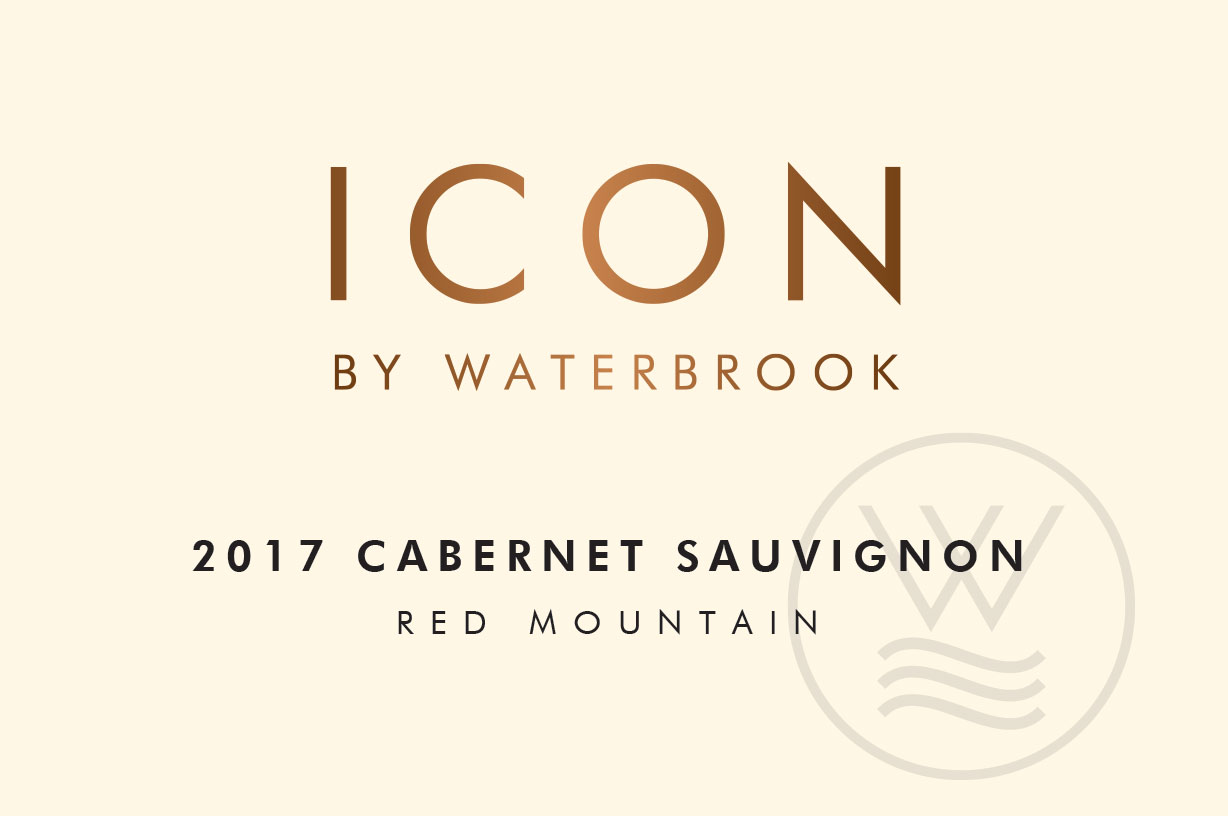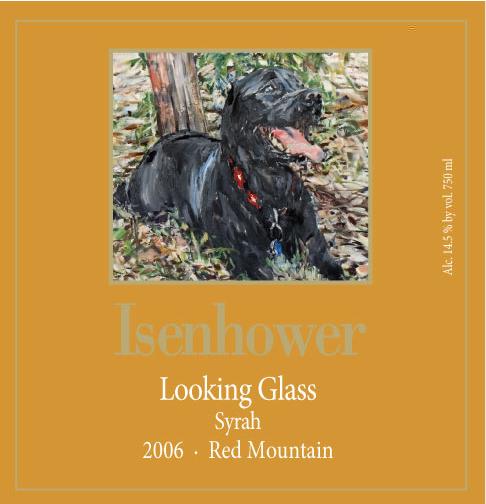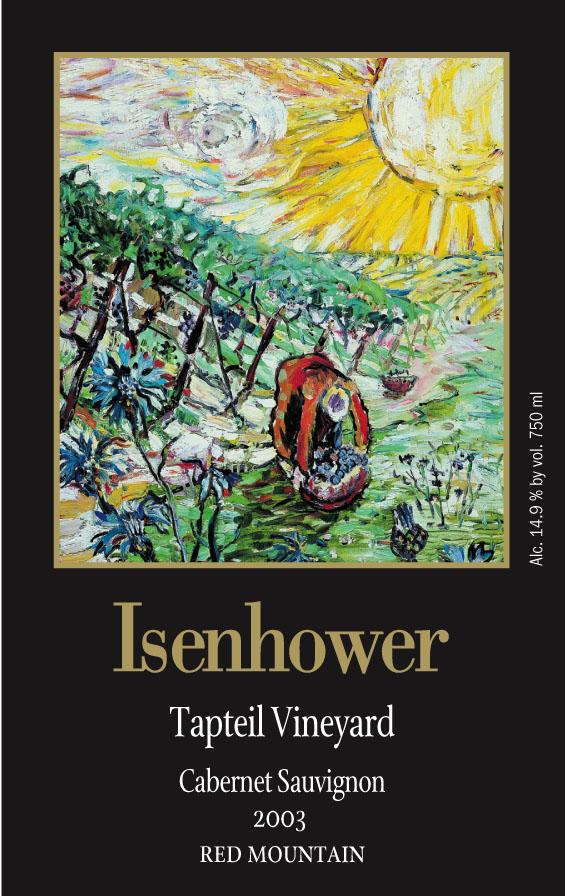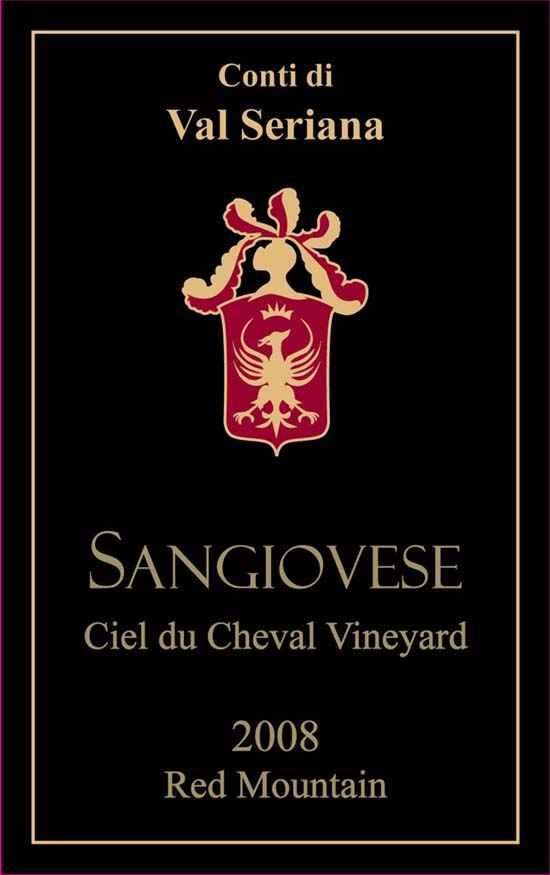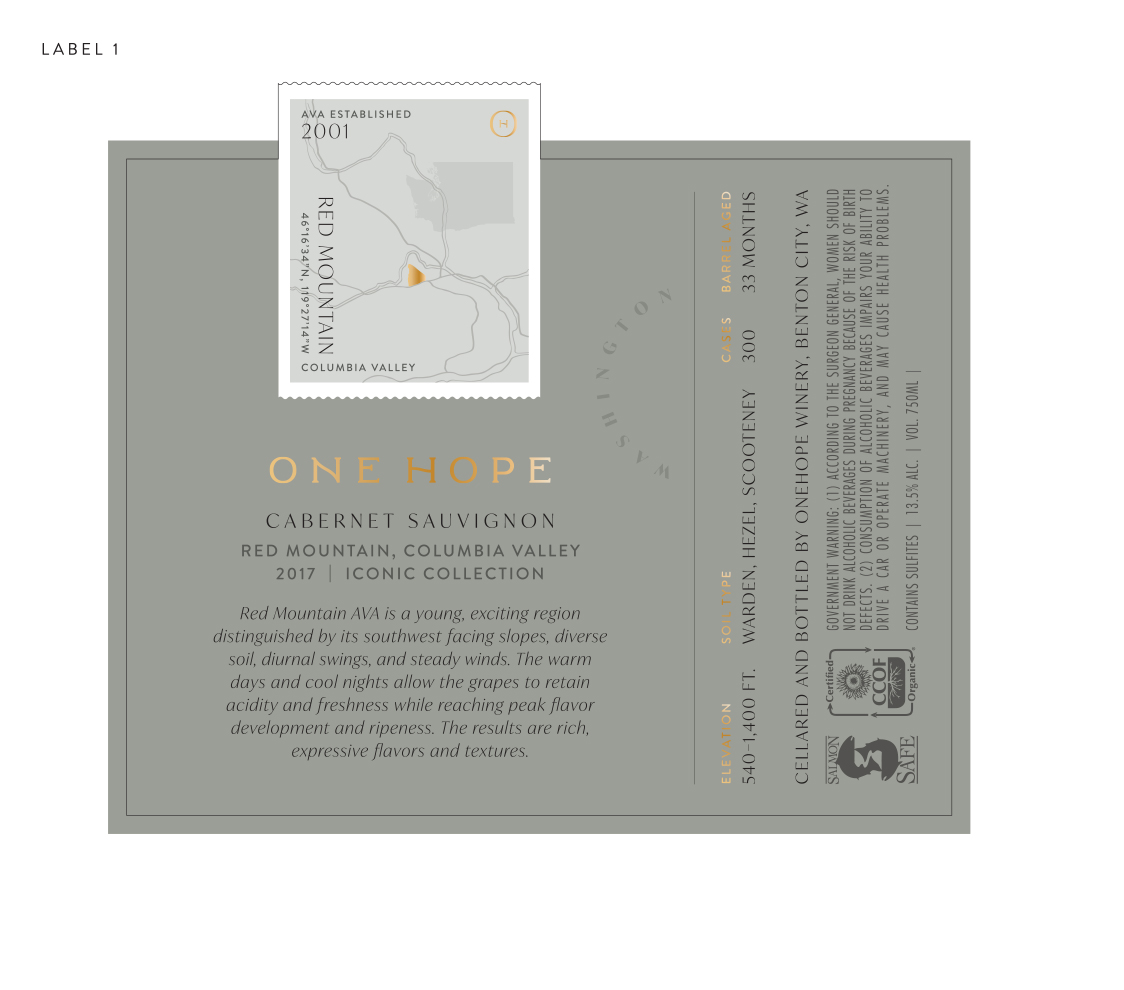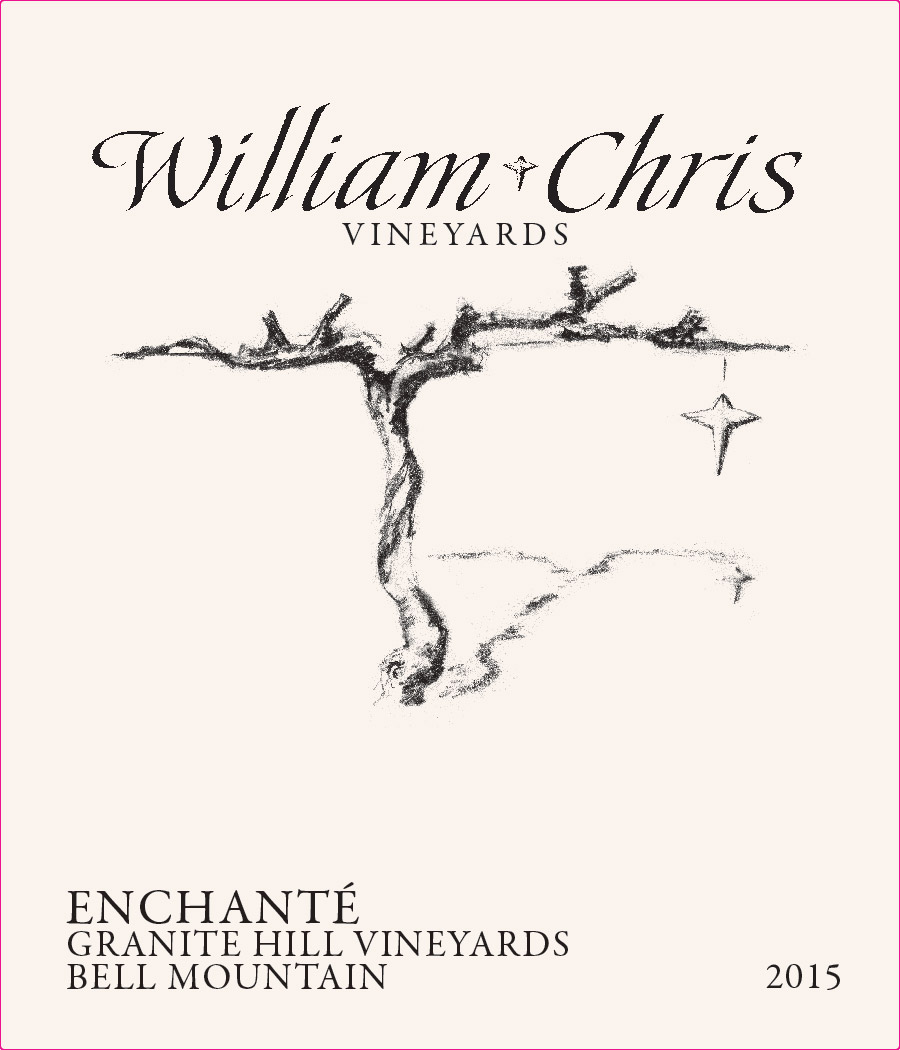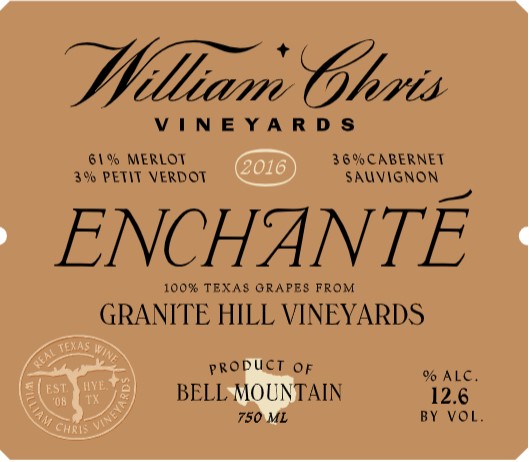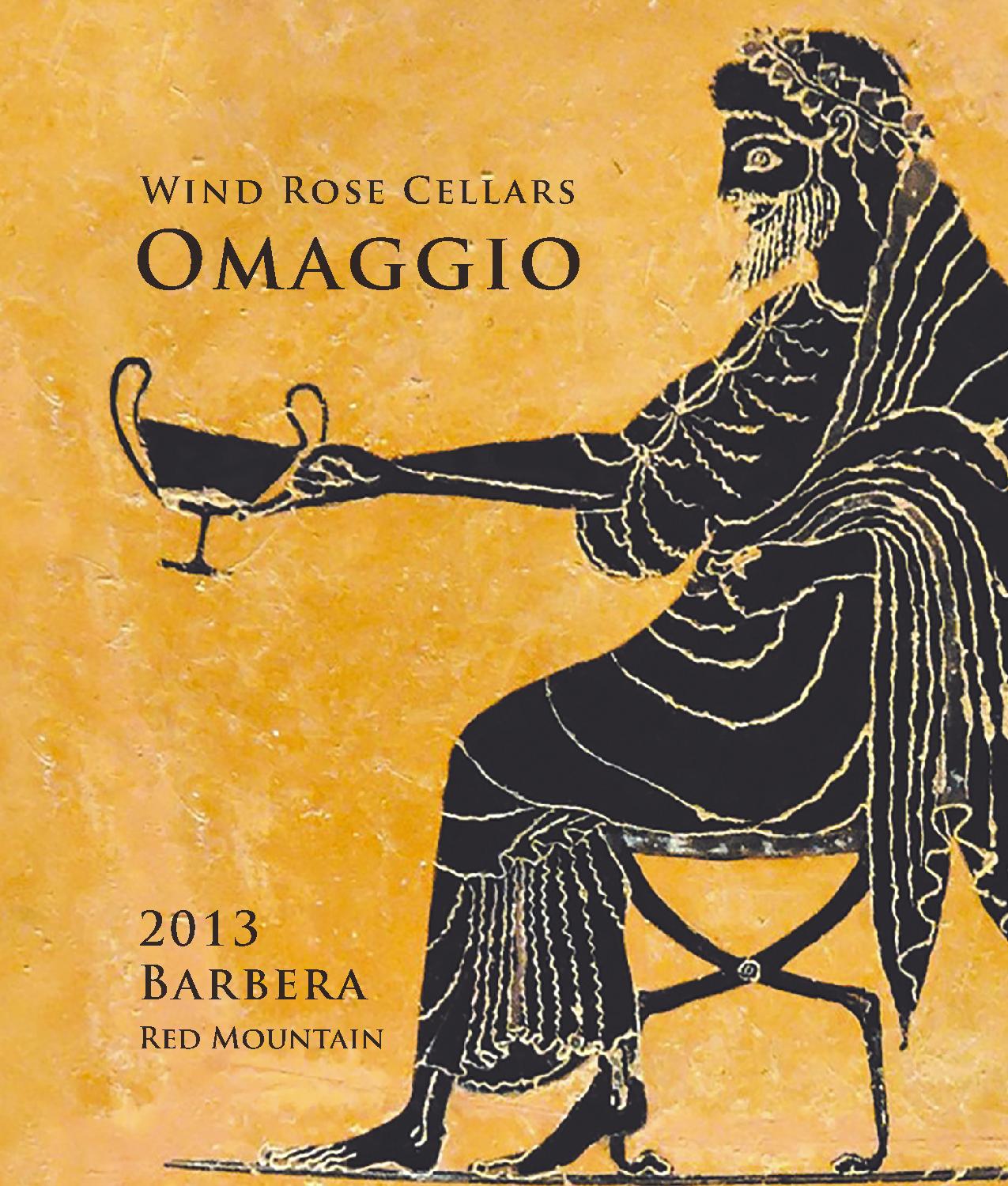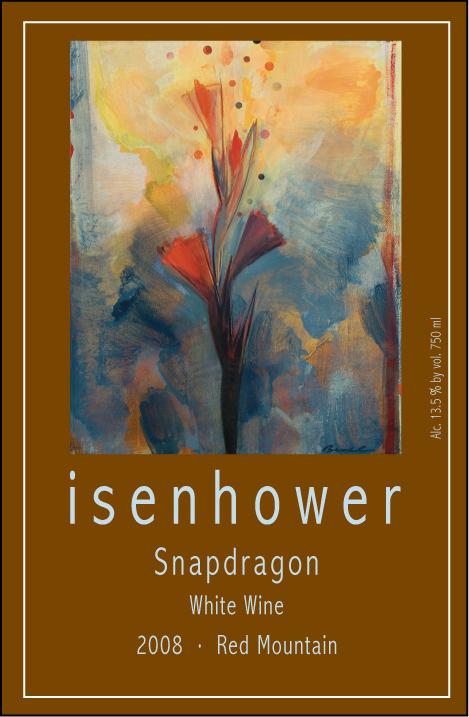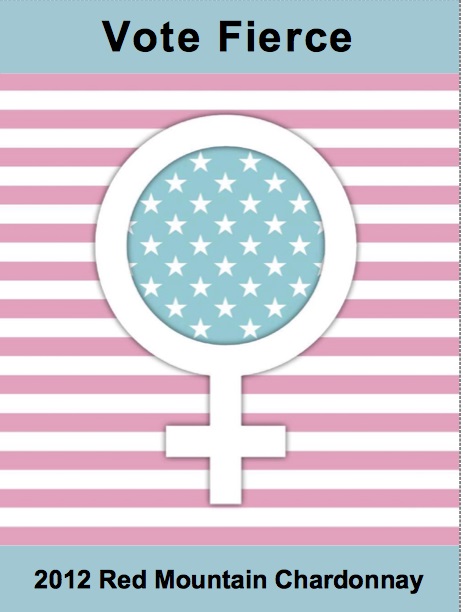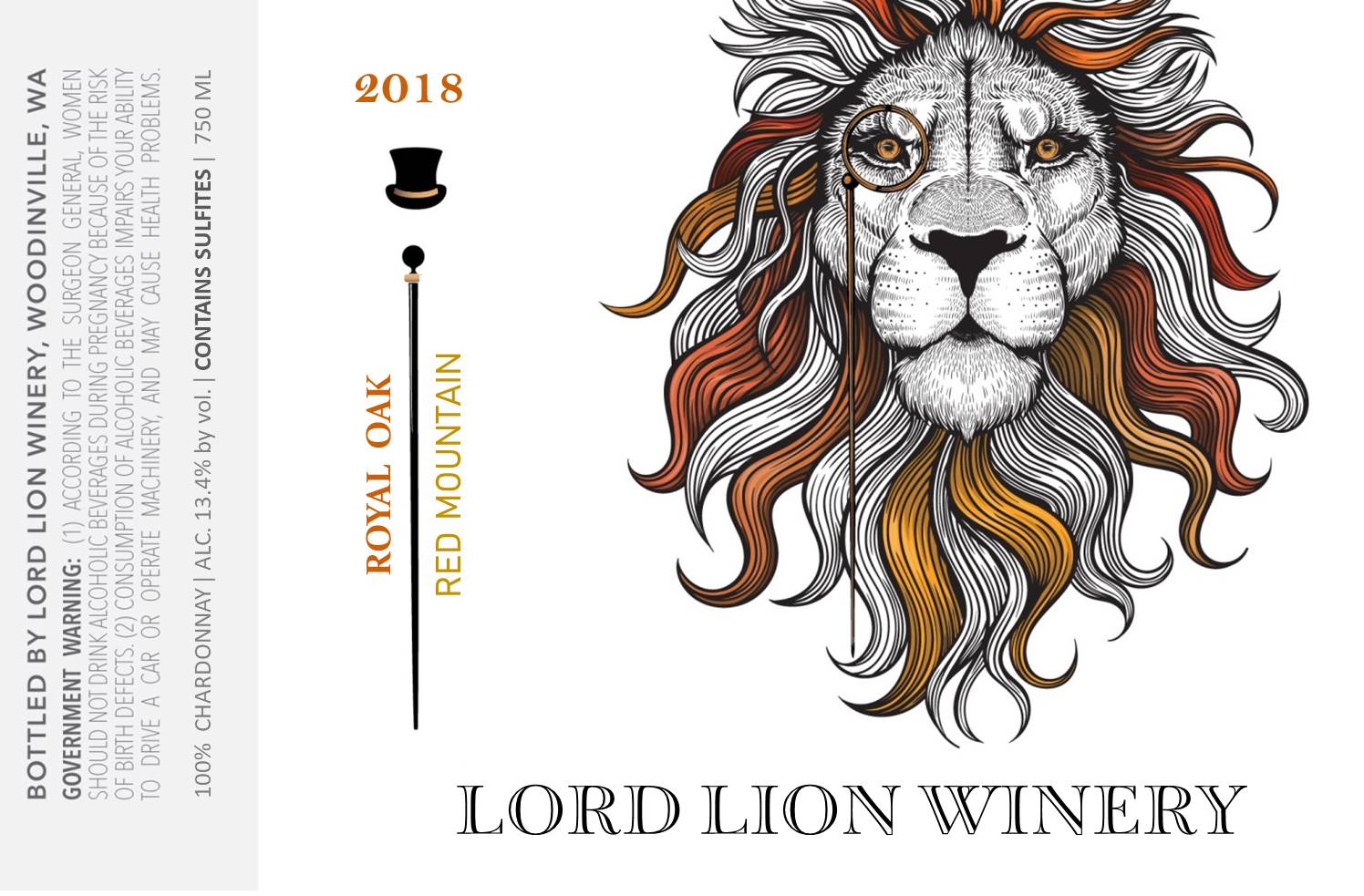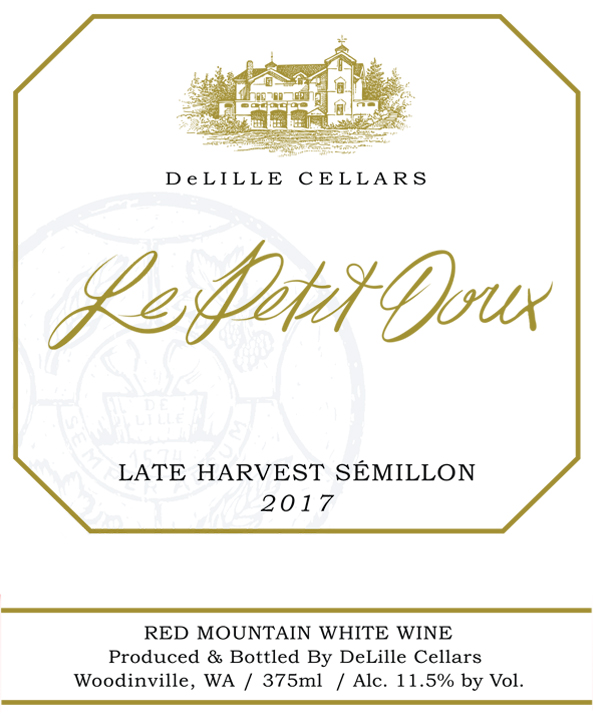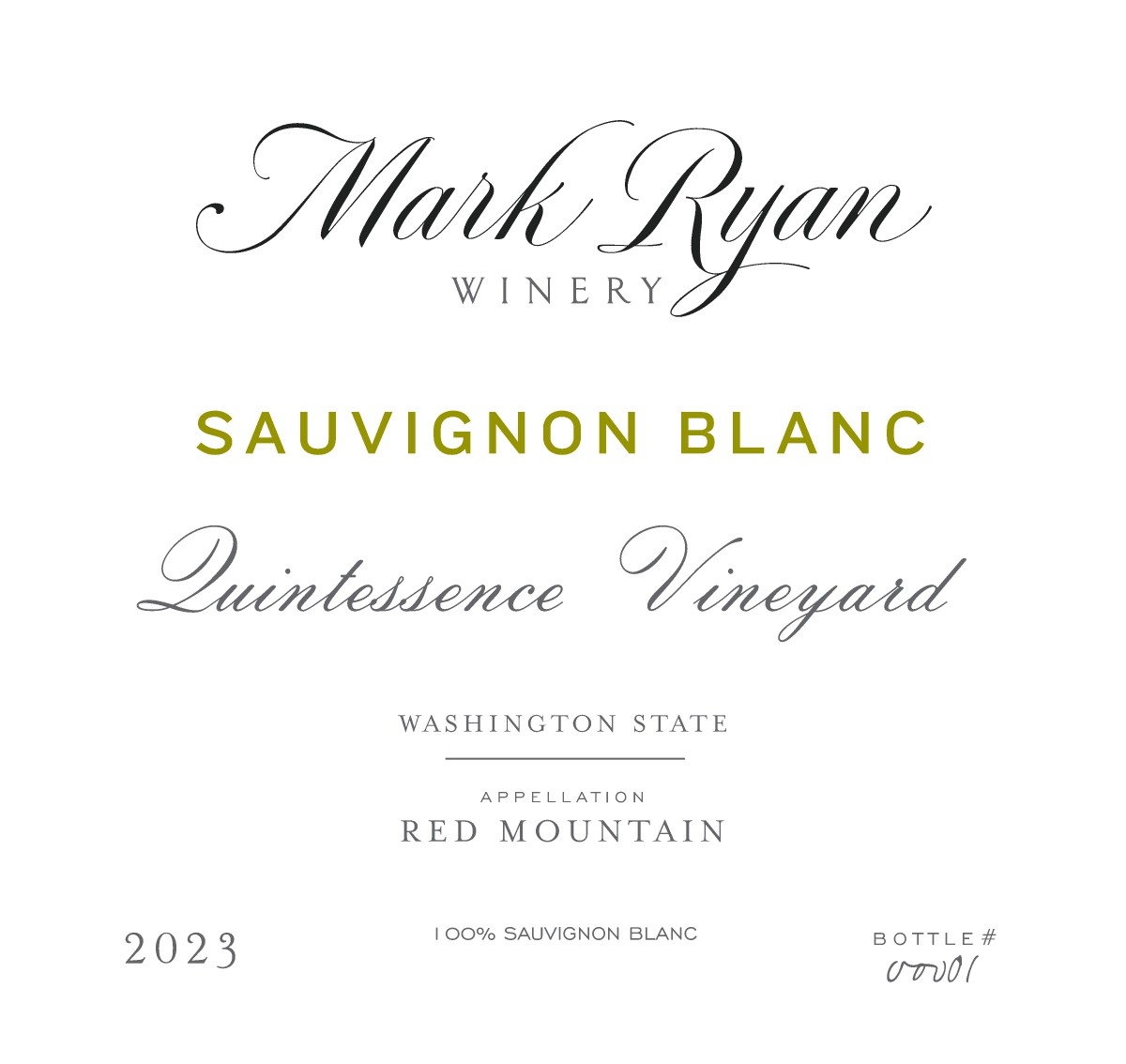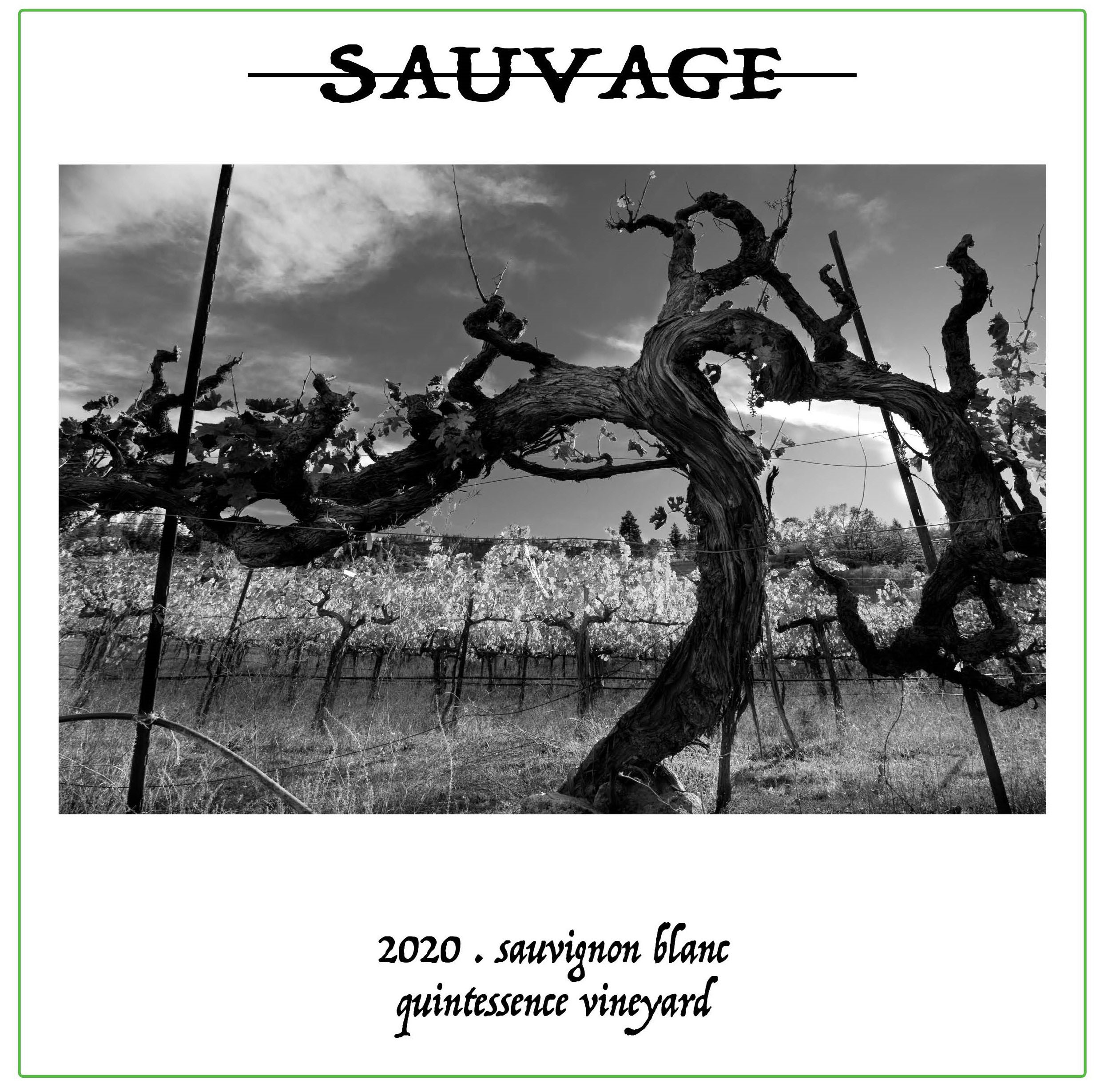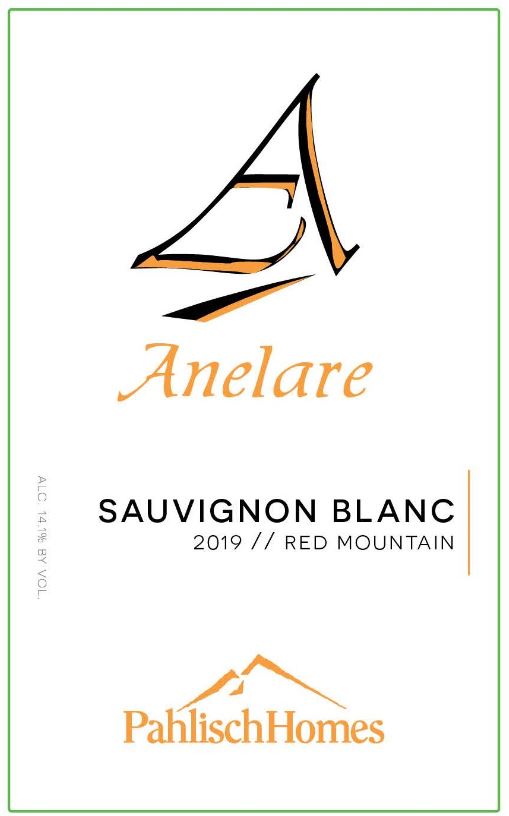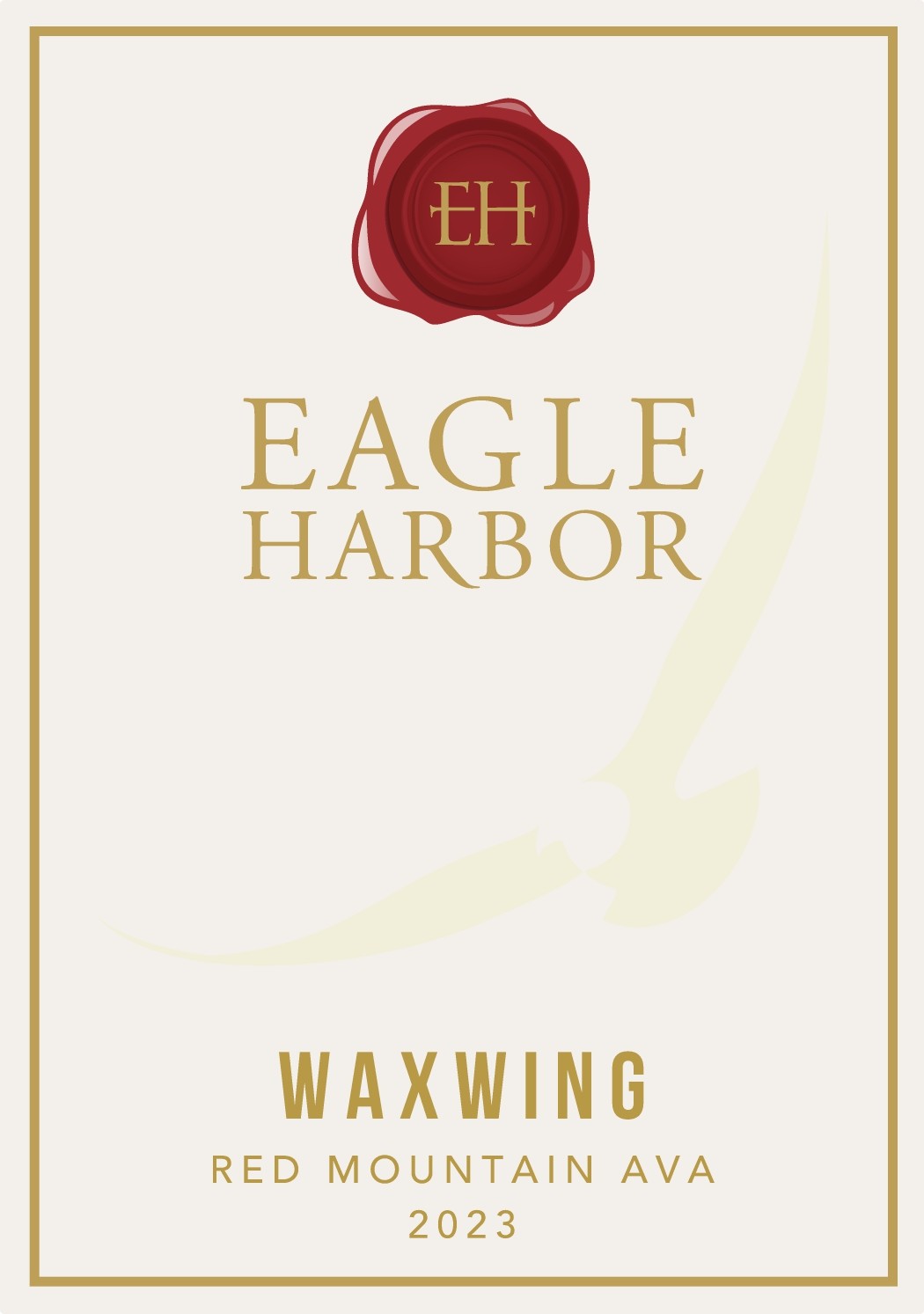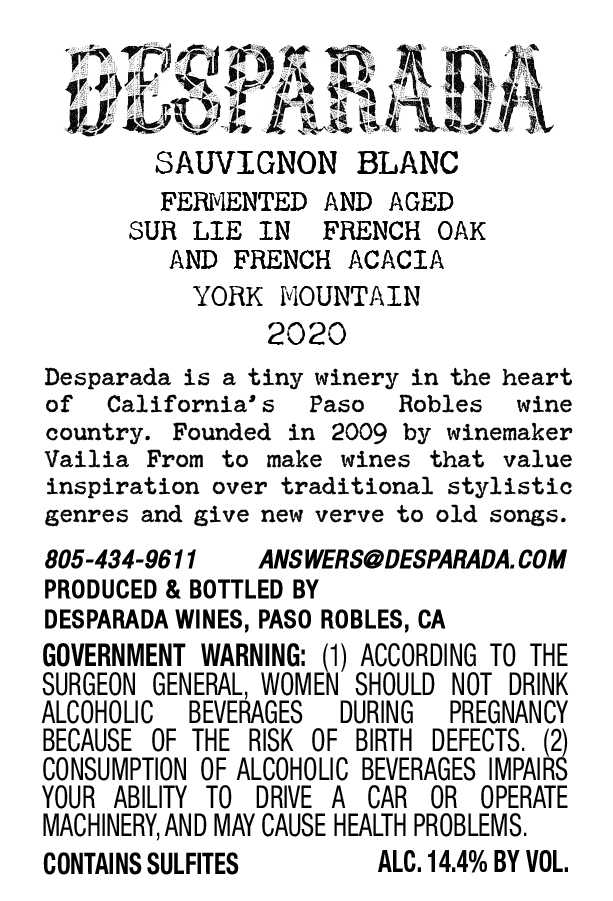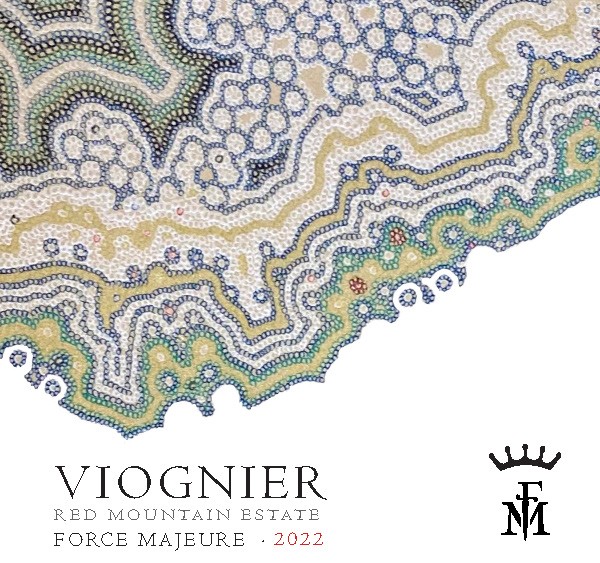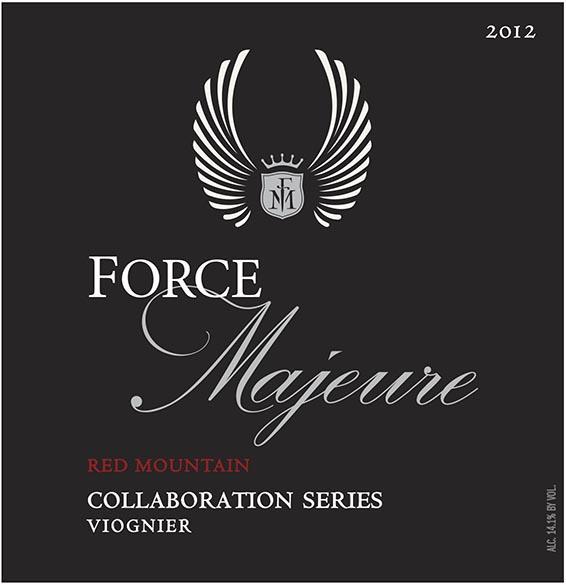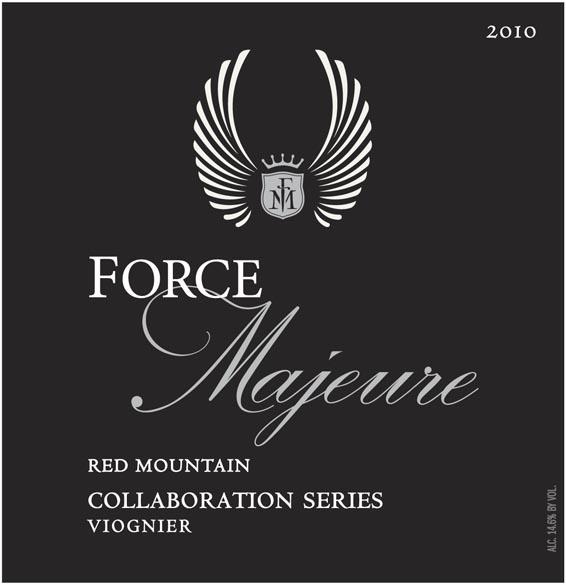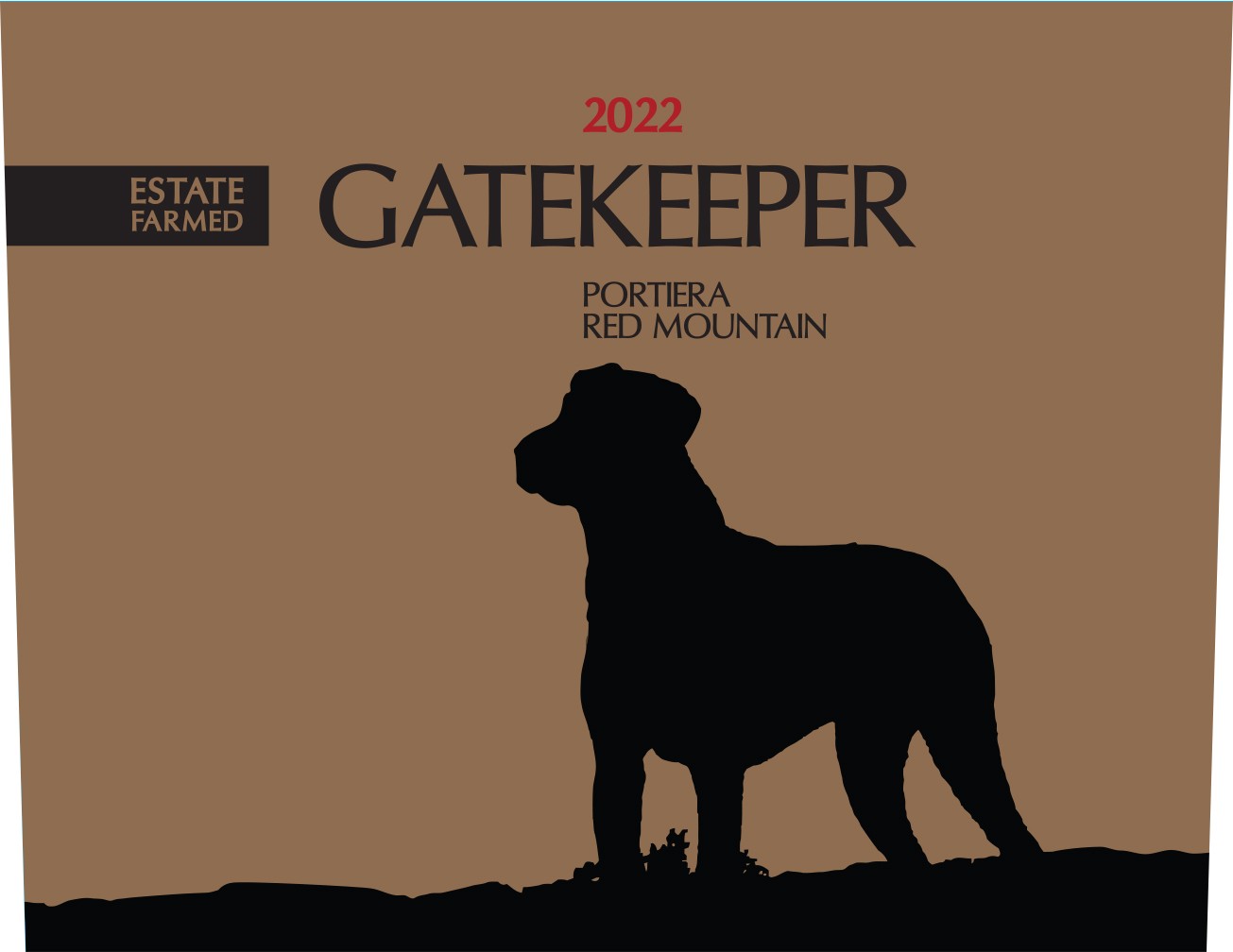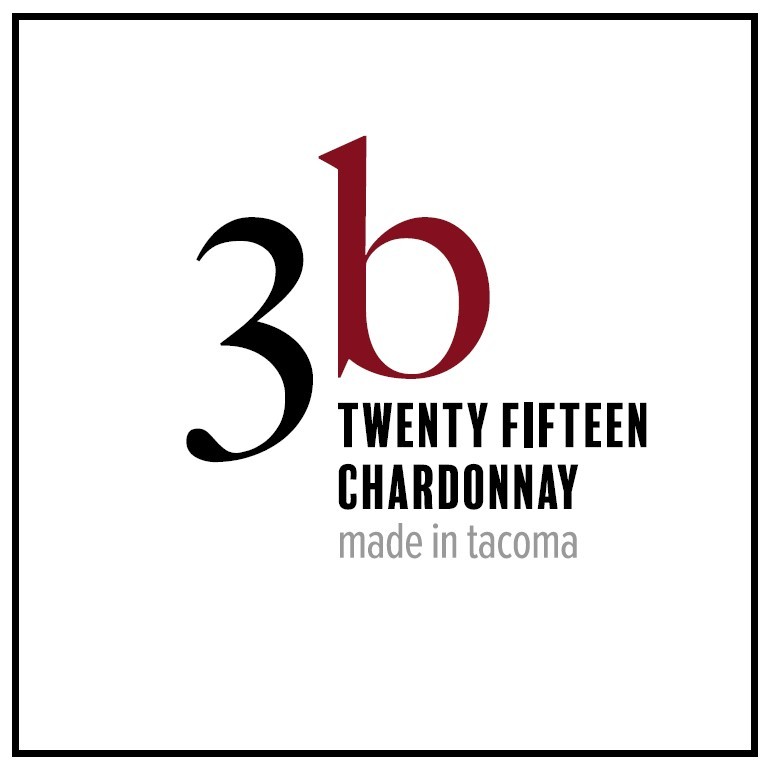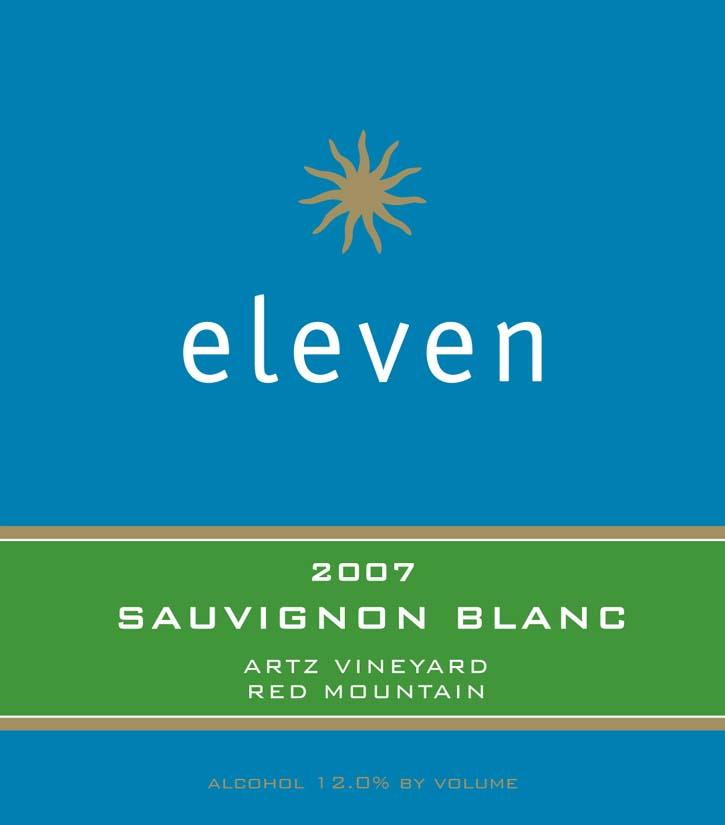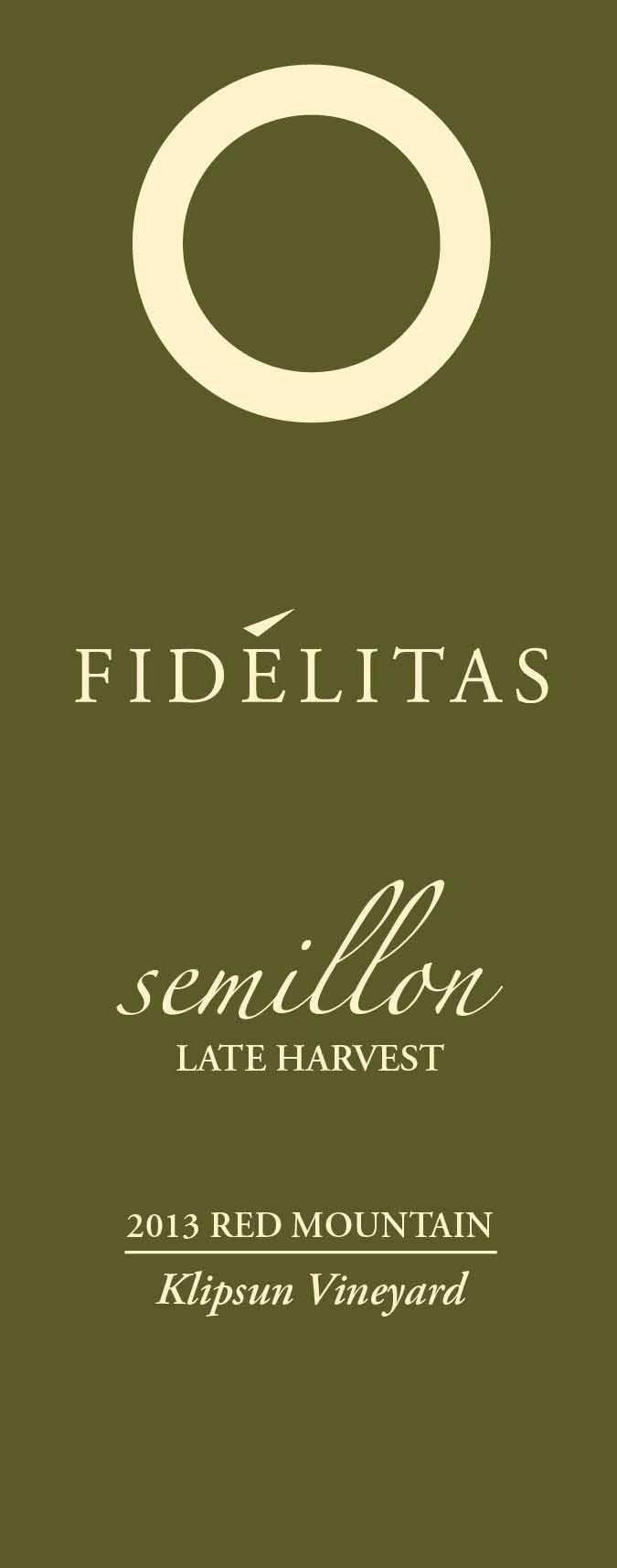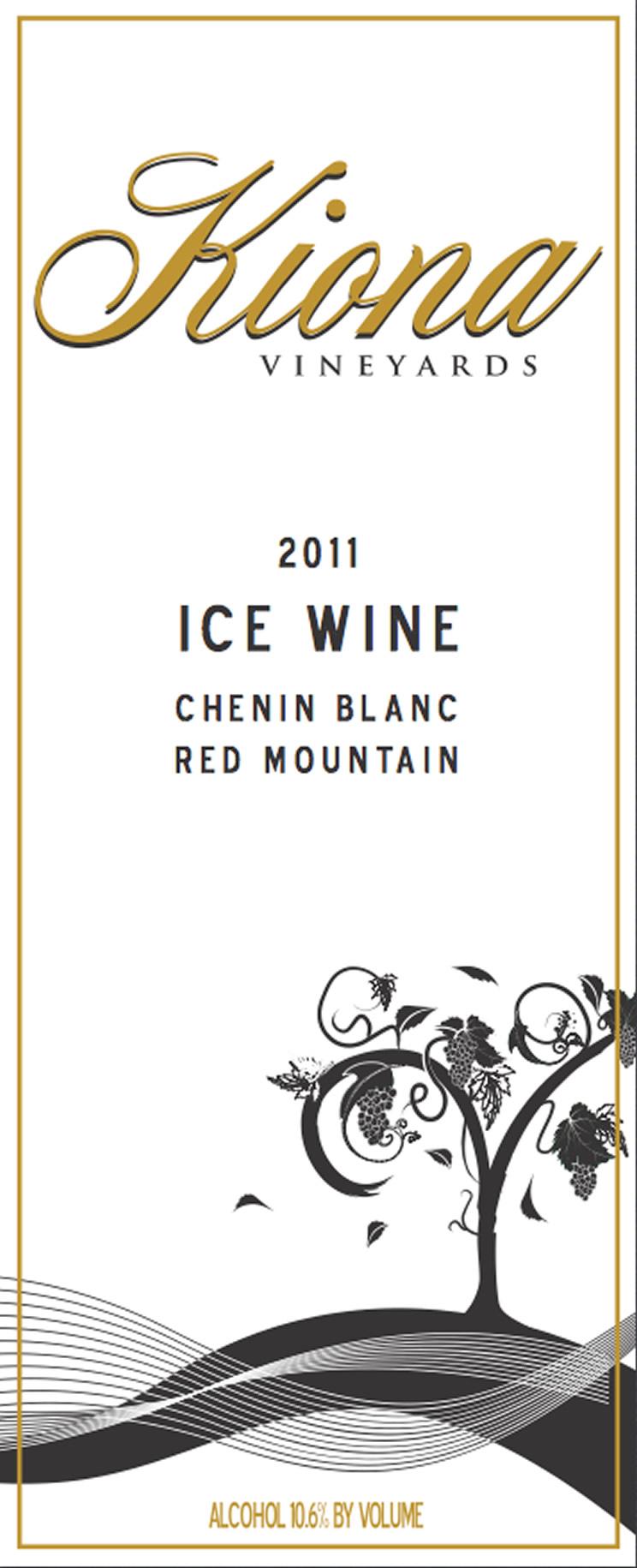Terroir of Red Mountain
Red Mountain's terroir is shaped by its unique soil and climate. The area has alkaline loess and calcareous gravel over volcanic basalt, which controls vine growth and produces smaller, thicker-skinned berries. This improves wine color and tannin, essential for bold Cabernet Sauvignon and Syrah.
The climate is hot and dry, with summer temperatures reaching 90°F. Cool nights help preserve acidity, important for making strong, age-worthy reds. Low yearly rainfall requires drip irrigation, allowing precise management of vine stress and flavor.
Steady summer breezes ensure even ripening and reduce disease, while nighttime air drainage from the river basin lowers frost risk. The southwest-facing slopes take advantage of long daylight hours, ideal for late-ripening varieties, reinforcing Red Mountain's reputation for powerful and structured wines.
Notable Wineries in Red Mountain
Red Mountain in Washington is a gem known for producing powerful red wines with remarkable depth. Here, several notable wineries stand out for their exceptional contributions:
-
Hedges Family Estate: A pioneer in organic and biodynamic farming, celebrated for its Syrah and Bordeaux-style blends.
-
Fidelitas: Founded by Charlie Hoppes, this winery highlights Red Mountain's unique fruit through Cabernet Sauvignon and Bordeaux-inspired blends.
-
Col Solare: A prestigious collaboration creating robust Cabernet-based blends that elevate the AVA's global reputation.
-
Canvasback: Focuses on structured Cabernet Sauvignon, sourced from top Red Mountain sites.
-
Domaine Magdalena: Known for Demeter-certified biodynamic farming, producing refined Malbec and Bordeaux blends.
-
Kiona Vineyards and Winery: One of the original Red Mountain growers, famous for estate-grown Cabernet Sauvignon.
Sustainable Winemaking in Red Mountain
Red Mountain's wine producers are at the forefront of sustainability, adapting to the region's dry, windy climate with smart farming techniques. Many vineyards practice organic or biodynamic farming, fostering healthy soils and biodiversity.
Older vines thrive on their original roots due to low phylloxera issues, while nearly all vineyards use drip irrigation, employing regulated deficit techniques to conserve water and enhance grape quality.
With naturally low disease pressure, the use of sprays is minimal, reducing the need for synthetic inputs. Cover crops and selective tilling further bolster soil health. Additionally, many growers maintain habitat buffers and pursue certifications like Salmon-Safe, emphasizing minimal intervention and environmental stewardship. These practices ensure that Red Mountain remains a leader in producing powerful, structured wines while safeguarding its unique ecosystem for future generations.
Wine Tourism in Red Mountain
Red Mountain in Washington is a great place for wine lovers, famous for its top-notch red wines. The area has many tasting rooms with beautiful views of vineyards, and you can easily visit them. Some need appointments, but others are open to walk-ins, so you can explore at your own pace.
Benton City is the starting point with places to stay, and nearby Tri-Cities offers more hotels and restaurants. You can enjoy vineyard tours or kayak on the Yakima River. Wineries host seasonal events like food pairings and farm-to-table dining, making the visit even better.
Red Mountain combines rustic beauty with serious wine tasting, perfect for those who love rich Cabernet Sauvignon and other wines, all set in a high-desert landscape.
